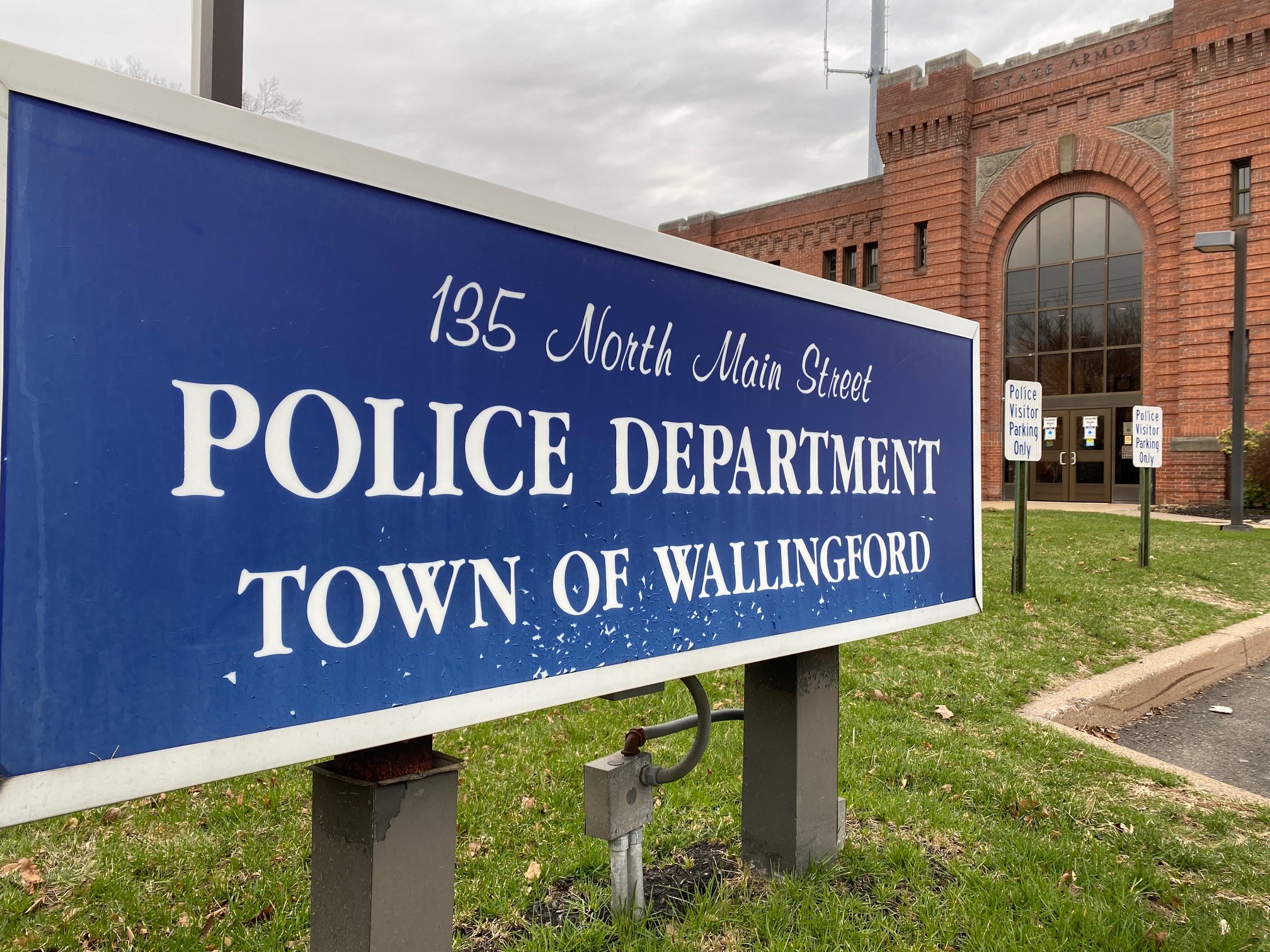The governors of Connecticut, Maine, Massachusetts, Rhode Island and a department head from New Hampshire met at the Connecticut Convention Center on Thursday to discuss energy issues facing New England.
"I think every governor has acknowledged that this is a crisis and that collective action needs to be taken," said Democratic Gov. Dannel Malloy, who hosted the event.
According to the governors, New England residents paid an extra $7.5 billion over the past two winters on heating and electric bills, a sum they contend is unmatched in other parts of the country.
The governors committed Thursday to partnering on improving the energy grid, investing in more renewable energy sources and working to trim costs for consumers.
Maine Gov. Paul LePage, a Republican, said the governors have to work together as a region to invoke any meaningful change.
"It's finding a way to lower the cost of energy for everyone in all New England states," LePage said. "New England states are outliers in the country."
The governors released a joint statement on the talks.
Local
"Continued state attention is urgently needed to achieve clean, affordable, and reliable power on which our families and businesses depend. This problem is greater than any one state can solve alone. For this reason, we renew our commitment to coordinated action to address our regional energy challenge," they said in the statement.
The governors conceded that individual states have different ways of working on energy issues. In some states, governors have more control than others that have to deal directly with legislatures.
Massachusetts Gov. Charlie Baker, a Republican, told reporters that he ran his campaign on a platform of searching for and investing in renewable energy sources. He added Thursday that it’s in all of the states’ best interests to work together as a region.
"If you're going to pursue an all-options approach on something like this, you've got to do it on a collaborative basis working with those who rely on the same grid that we rely on in Massachusetts," Baker said.
On how the costs would be shared for potential agreements, the governors were cool to the concept of additional charges or tariffs.
When asked directly whether the federal government would help cover the costs, or if states need to work with energy companies directly, Malloy said government has to play some kind of a role.
"The marketplace itself has not resolved this issue. And by the way if I just made an extra $7.5 billion in the last two years and I was the market, I don't think I'd want to resolve this issue," Malloy said.
Malloy said the governors will hold a conference call in June and could meet again in September.



